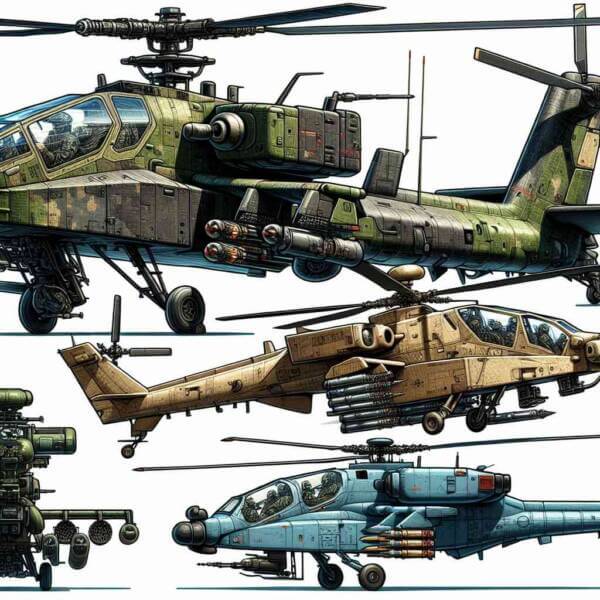Comprehensive Insights About Military Aviation
Comprehensive Insights About Military Aviation
Blog Article

The use of aircraft in military operations provides strategic advantages.
Today, military aviation encompasses a wide range of missions, from fighter jets and bombers to surveillance drones and transport planes.
History of Military Aviation
As technology advanced, airplanes were adapted for offensive operations, altering battlefield dynamics.
Major milestones in military aviation history include:
- First use of armed aircraft in combat
- Creation of long-range bombers and jets
- Rapid development of jet technology
- Remote operations changing the face of conflict
Each era brought innovative strategies that expanded aerial warfare.
Different Roles of Military Planes
Understanding the types of military aircraft helps in appreciating the complexity of modern air forces.
Major aircraft classifications:
- Planes built for speed and agility
- Planes that deliver heavy payloads
- Planes used to move troops and equipment
- Unmanned aircraft for intelligence gathering
Each type plays a critical function in military operations, from securing airspace.
Importance of Air Superiority
Air superiority is vital for achieving military success.
Strategic advantages of air dominance:
- Providing close air support
- Disrupting enemy supply lines
- Gathering critical intelligence
- Psychological impact on enemy forces
Nations with strong military aviation capabilities can shape outcomes.
Advancements Shaping the Future
Constant research and development open new possibilities for future warfare.
Cutting-edge developments:
- Stealth technology
- Ultra-fast strike capabilities
- Unmanned aircraft operating independently
- Directed energy weapons
These advancements expand mission possibilities for air forces worldwide.
Obstacles Facing the Industry
From high costs to geopolitical tensions, the road to air dominance is filled with hurdles.
Key challenges include:
- Budget constraints for defense programs
- Rapid technological changes
- Securing digital communications and data
- Ethical concerns with autonomous weapons
Addressing these challenges is necessary for effective defense strategies.
Future of Military Aviation
The future of military aviation promises an era of transformation.
Likely developments:
- Smarter decision-making systems
- Defending assets beyond Earth
- Developing sustainable aviation technology
- Collaborations across allied air forces
The next era of military aviation will revolutionize how wars are fought.
The Enduring Power of Military Air Forces
Its history, present achievements, and future possibilities showcase technological excellence.
As technology continues to evolve, the skies will click here remain a critical arena where military aviation protects nations.
The future of military aviation is full of potential — and it’s only just beginning. Report this page